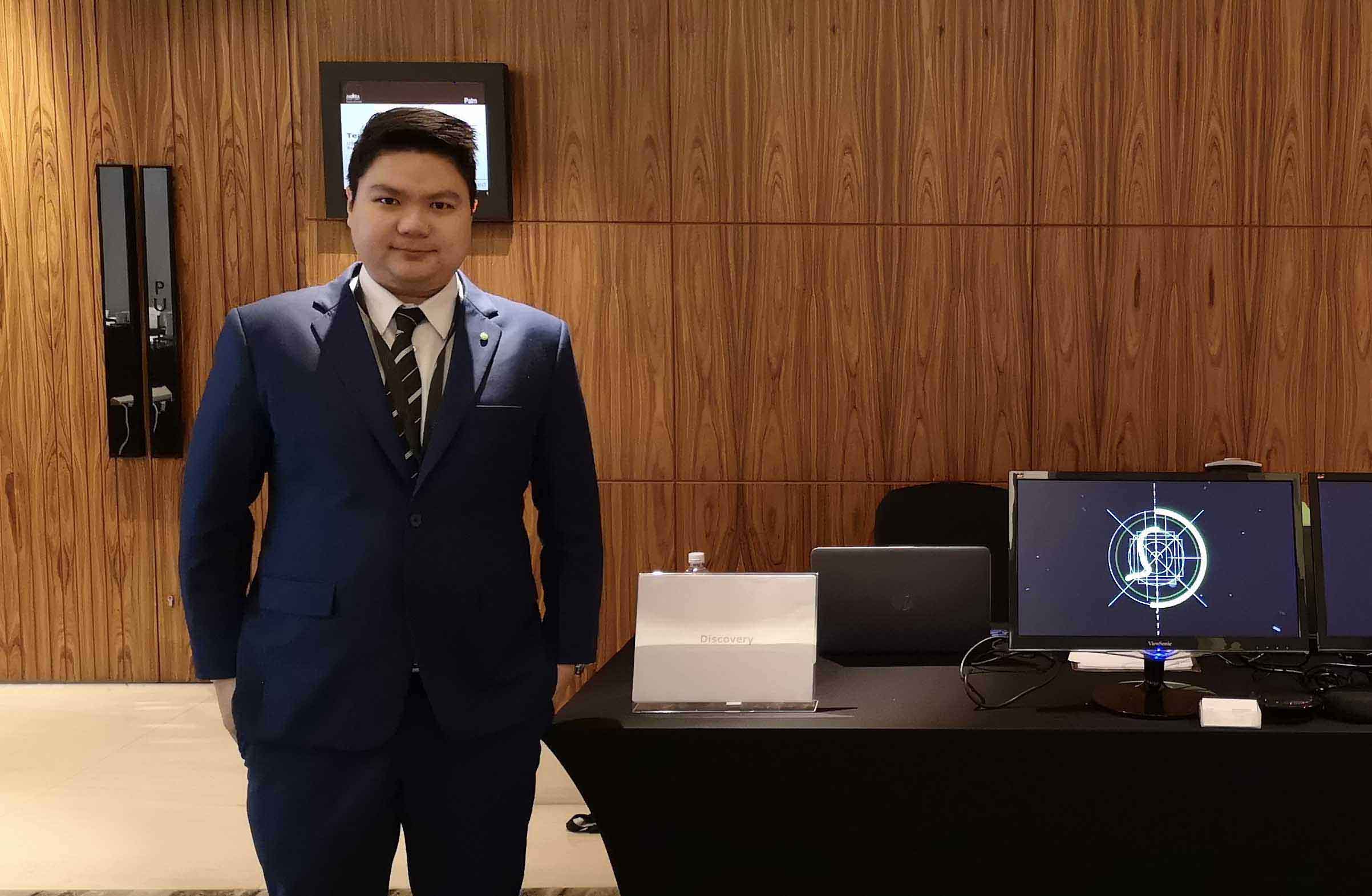Crime Scene Investigation (CSI), an American drama television series popularised in modern culture, premiered in the early 2000s, giving us a peek into the world of forensic investigators. As the world evolves and becomes increasingly digitalised, much of crimes are executed online with the power to disrupt and destroy. “Similar to CSI, but with a digital twist”, is how Alan Dang describes his interesting career choice.

A forensic discovery manager at one of the big four accounting firms, Alan shares that there has never been a dull moment in his field where he has worked at for the last eight years. While a very niche industry, Digital forensics is gaining recognition as a legitimate subdsicipline within the forensic sciences¹. As a modern day field of forensic science it deals with the recovery and investigation of material found in digital devices. No longer synonymous with computer forensics, it is increasingly concerned with data from other digital devices such as tablets, smartphones, flash drives and even cloud computing².
Alan's cases varies between multi-national companies, small medium enterprises and individuals. Investigations go on year-round with nary a peak period. He adds,“with heightened regulatory requirements, more organisations understand how digital forensics helps them with responding to regulatory inquiries and employee misconduct investigation. Dealing with such sensitive issues also means that all my work are non-disclosure cases, especially if there are insider threats and frauds involved."
Digital Forensics in action
Examples of such malicious acts includes employees taking data to sell information to competitors; to poach the client company with the acquired set of data, or even starting their own competing business that may result in a huge lost to the victimised company. Living in an era where we own more than one piece of tech, know that data can be retrieved by these skilled professionals even when one’s internet browser is on incognito/private browsing mode. Part of each case he oversees includes analysing down to a fine level of detail on why, when, who and what data has been tampered with, and how it has been wrongly employed. After which, an Anton Piller order (also known as a search order) may come into effect. It is a court order requiring a party to permit another to enter the former’s premises or property to conduct a search for the preservation or seizure of property or evidence relevant to a dispute. The underlying purpose of such an order is to negate the danger that vital evidence will be destroyed⁴.
Complementing skill sets – Cybersecurity & Digital Forensic
If cybersecurity is the guardian of the cybersphere, digital forensics serves justice to any misuse. In fact, Cybersecurity and digital forensics are two fields that have a lot in common. It balances each other out, provides information to each other and is closely related. Analysing a breach may lead to new insights about preventing such a breach, and knowing how certain threats work makes it easier to create a timeline and look for a possible attack vector³.
“Helping organisations to uncover evidence of misconduct by internal and external individuals gives me a sense of fulfillment. It has always been a passion of mine to make things right when the line of defense and prevention has been breached,” added Alan. Stemming from curiosity to being fuelled by a passion to do meaningful work, Alan graduated with a Bachelor of Computer Science with a major in Digital Systems Security in 2012 and empowers his career with continual learning, most recently completing the five-day (ISC)² CISSP CBK Training Seminar at NUS-ISS.
A deeper appreciation for the interdependent sciences
Alan said, “I made my decision to go with NUS-ISS after reviewing the instructors’ profiles. Another big plus point for me was that NUS-ISS is the only (ISC)² authorised official training provider in Singapore. I really like how the school offers executive education programmes (EEP) that focus on technological trends where the instructors are passionate and willing to share their expertise paired with discussions and sharing of real-world experiences by fellow participants."
"A key takeaway for me is to take business and people into consideration and tune in to how decisions come to play, instead of just focusing on the security aspect," adds Alan. To future EEP participants, he advises, “do not be afraid to ask questions if you do not understand something. Make use of this perfect opportunity to connect with and learn from other participants.”
For more information on our suite of cybersecurity courses, click here. _____________________________________________________________________
¹J. Holt Thomas, Bossler M. Adam, Seigfried-Spella C. Kathryn. "Cybercrime and Digital Forensics: An Introduction". books.google.com. 11 Feb 2015. Web. 20 June 2020.
²Tunggal T. Abi, "What is Digital Forensics?" upguard.com. 9 Dec 2019. Web 20 June 2020.
³Artnz Pieter. "Explained: digital forensics" blog.malwarebytes.com. 25 August 2017. Web. 20 June 2020.
⁴Singapore Legal Advice "Types of Injunctions in Singapore" singaporelegaladvice.com. 26 January 2018. Web. 22 June 2020.